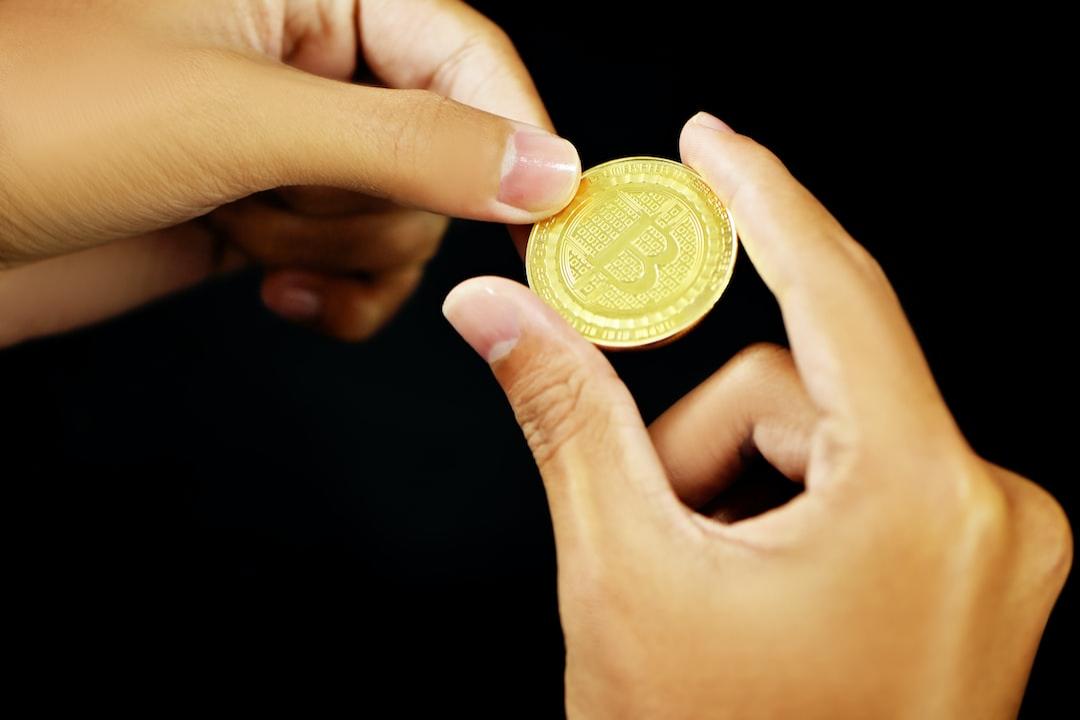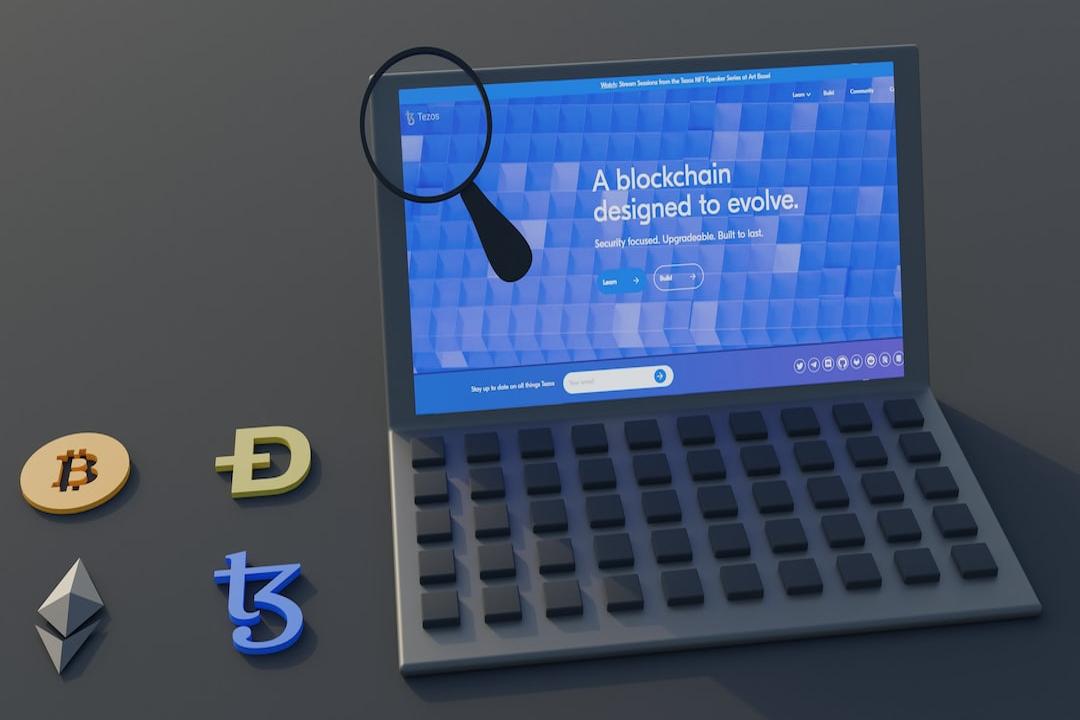Illinois Governor JB Pritzker signed two significant laws on Monday, tightening the supervision over cryptocurrency activities.
The Digital Assets and Consumer Protection Act (SB 1797) grants the state’s Department of Financial and Professional Regulation direct oversight authority over cryptocurrency companies and exchanges. Meanwhile, the Digital Asset Kiosk Act (SB 2319) mandates registration, customer service, and compliance standards for cryptocurrency kiosk/ATM operators.
Key Features of the New Laws
Under SB 1797, cryptocurrency companies and exchanges are required to maintain adequate financial resources and implement robust cybersecurity and anti-fraud measures. The regulation also mandates that investor disclosures and customer service standards are on par with traditional financial institutions. This move shifts regulatory powers to the Illinois Department of Financial and Professional Regulation, aiming to establish corporate-level transparency and service quality.

SB 2319 obligates cryptocurrency kiosk/ATM operators to register with state regulators, offer live customer service, and develop fraud prevention and compliance policies. Each operator must appoint a compliance officer and a consumer protection officer. The daily transaction limit for new customers is capped at $2,500, while transaction fees are limited to a maximum of 18%, effectively controlling costs and risks at the kiosks, the first point of contact for many users.
Governor Pritzker’s Message: Implementing Sensible Protections
Democratic Governor Pritzker criticized the federal approach, stating, “While the Trump administration allows cryptocurrency circles to dictate federal policy, Illinois is introducing sensible protections for investors and consumers.” Pritzker highlighted that fraudsters continuously refine their methods, eroding federal consumer protections, and emphasized that the state aims to fill this gap with concrete regulations.
Supporting the security concerns, data was shared indicating significant losses from cryptocurrency fraud in Illinois. According to FBI data, losses in the state from such scams surpassed $272 million in 2024, marking the fifth-highest amount among U.S. states. The two laws signed by Pritzker intend to clarify standards in exchange and kiosk channels to reduce these losses.


